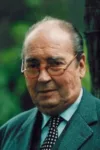Biography
(No Information)
Filmography
all 9
Movies 5
TV Shows 4
self 2
Information
Known ForActing
GenderMale
Birthday1942-07-11 (82 years old)
Birth PlaceRedondo, Portugal
CitizenshipsPortugal
AwardsOfficer of the Order of Liberty, Prémio José Afonso
This article uses material from Wikipedia.
Last updated:
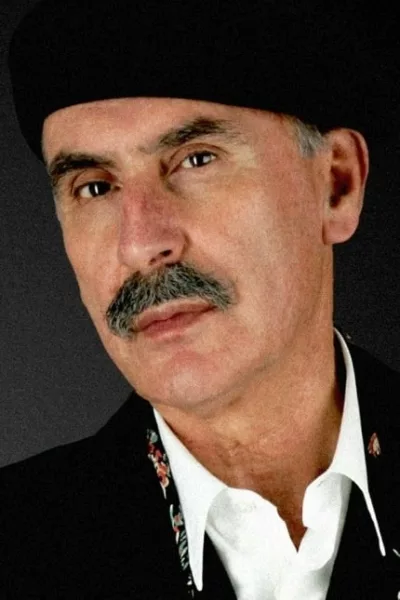 Vitorino Salomé
Vitorino Salomé- Filmography
- Information
- Related Persons
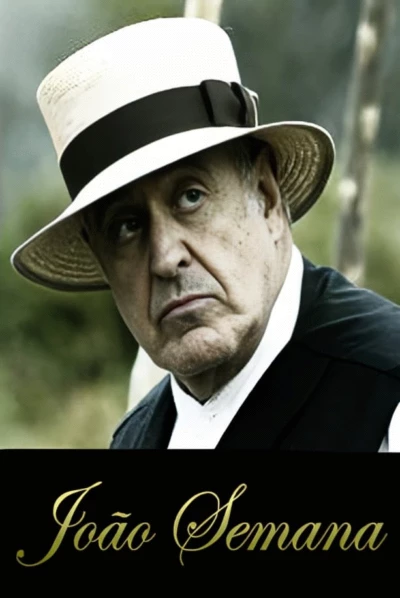


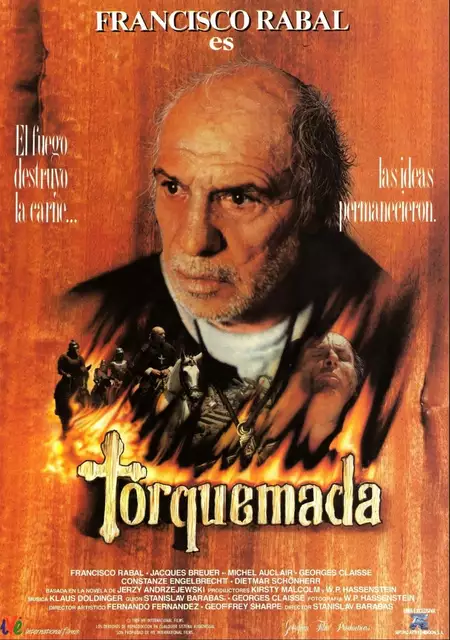

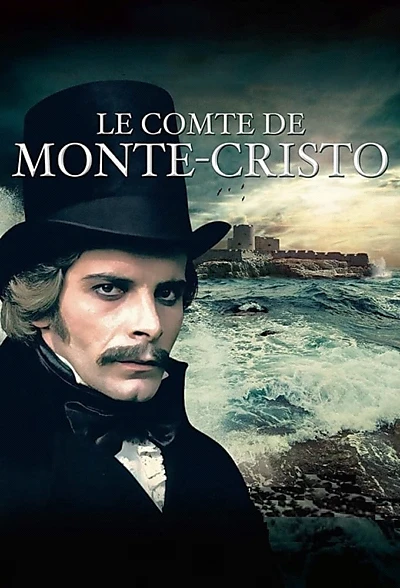
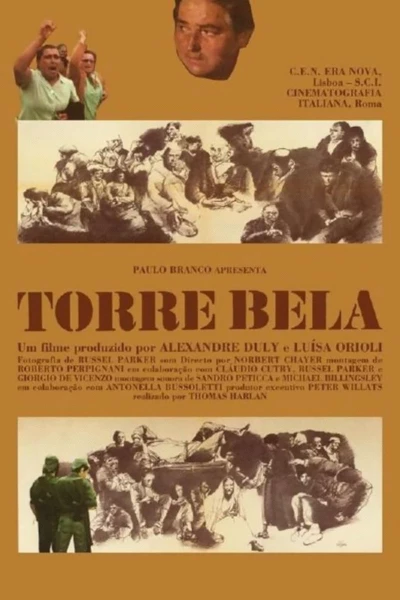
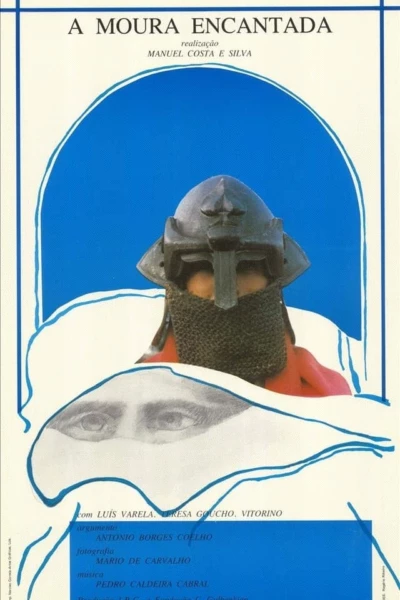
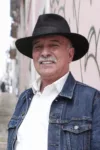
 ,
,